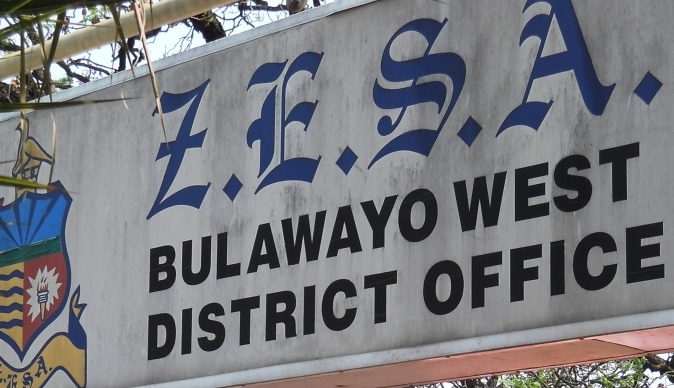A High Court judge has acquitted Zesa Holdings on charges of violating a 2012 agreement to adjust the salaries of its employees in a move which could result in the power utility company saving over $19 million.
The determination by High Court judge Justice Joseph Musakwa on June 11, 2018, came after the power utility firm had petitioned the court sometime in 2013, challenging a Harare magistrate's judgment that would have seen the company paying $18 897 848 as back pay to its employees.
Zesa in 2013 appeared at the Harare Magistrates' Court charged with violating a 2012 collective bargaining agreement entered between the company and its workers and was ordered to pay a $400 fine for the offence.
But the power utility company then approached the High Court, appealing against the magistrate's ruling, culminating in the judgment which upheld the appeal and quashed the conviction.
In his judgment, Justice Musakwa said as submitted by the power utility company, a number of issues remained unanswered from the said agreement.
"It is clear from the memorandum that the agreement ought to have had grades and notches and the memorandum was seeking to set the same. Still the memorandum falls short as it does not state which employee fall under which grade or notch," Justice Musakwa said.
"In addition, SI 50 of 2012 which the National Employment Council (NEC) general secretary purports to derive the authority to come up with the grades and notches does not empower either NEC or the general secretary to come up with the grades and notches."
The judge said the witness, one Joseph Charlie, who was the national organising secretary of the Zimbabwe Energy Workers' Union (Zewu) testified that the agreement provided for grades, giving rise to the charge, but in the court's findings, it was not correct.
"The agreement does not on the face of it state the grades as suggested by Charlie. Only one can assume that Charlie concluded from the agreement that there are grades A1 up to D4 because of paragraph (f) which provides for canteen allowances for those grades," Justice Musakwa said, adding the NEC "exceeded its statutory mandate in producing the salary scales".
"As rightly submitted by the appellant (Zesa), an employment council is not a party to a collective bargaining agreement. In the present case, the parties were ZEIEA and the trade unions as envisaged under section 74 (1) of the Labour Act which provides that the collective bargaining agreement are negotiated by registered trade unions, employees and employers organisations or federations thereof. A national employment council is not cited as a negotiating party."
The judge further said apart from not being a party to negotiations, a national employment council is not empowered to provide salary scales for negotiating parties.
"Its powers are provided for in section 62 of the Act," he said.
Justice Musakwa said the State did not produce proof that Zesa had agreed to salary scales.
"In fact, Charlie and another State witness, Pardon Chakanyuka conceded that the parties to the agreement did not agree on the grading, notching and the placement of employees under any grade or notch. In the present matter, the evidence before the court aquo was that the parties, after agreeing on the minimum entry salary for the industry, proceeded to agree on the methods of calculating or factoring adjustments between and within grades which had not been agreed on," the judge said.
- newsday
 Concern over Masvingo black market
Concern over Masvingo black market  Kenya declares three days of mourning for Mugabe
Kenya declares three days of mourning for Mugabe  UK's Boris Johnson quits over Brexit stretegy
UK's Boris Johnson quits over Brexit stretegy  SecZim licences VFEX
SecZim licences VFEX  Zimbabwe abandons debt relief initiative
Zimbabwe abandons debt relief initiative  European Investment Bank warms up to Zimbabwe
European Investment Bank warms up to Zimbabwe  Young Investment Professional (YIP) Graduate Programme 2019
Young Investment Professional (YIP) Graduate Programme 2019 











 Young Investment Professional (YIP) Graduate Programme 2019
Young Investment Professional (YIP) Graduate Programme 2019
Editor's Pick